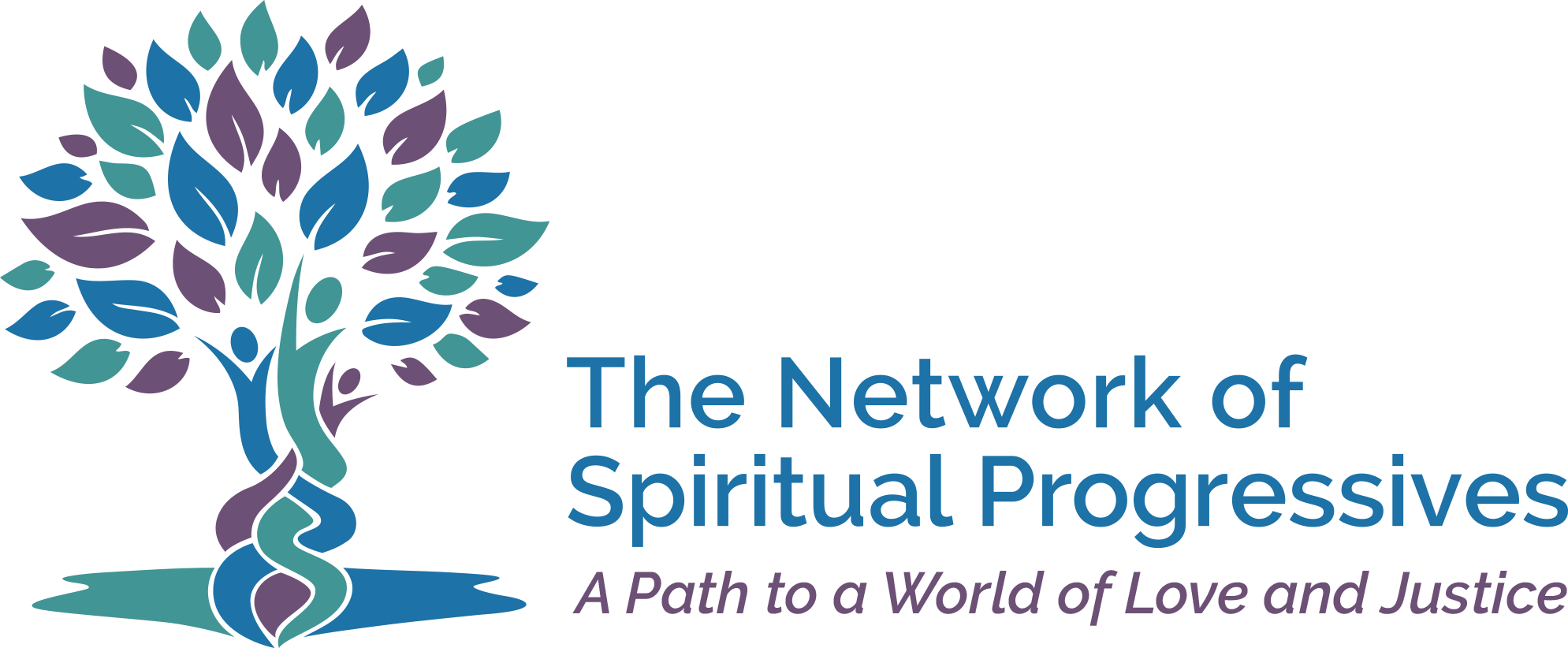For four decades the Right has hammered away at the issue of Family, promoting a public identification of Family as a right wing issue. The Right had in its favor the popular impression that progressives and liberals and the women’s movement were indifferent at best, or hostile at worst, to the family lives of most Americans. It is the progressives who have come to be identified in mass consciousness with the position that individual liberty apart from social connectedness is the supreme value, that “do your own thing1* must take precedence over long-term commitments, and that individual pursuit of pleasure is the goal of life. To some extent, this was a misunderstanding based on the fact that the progressives had greatest access to the media in the late sixties and early seventies when the conjuncture of countercultural individualism and the early antinuclear-family statements of some elements of the feminist movement were given dramatic public play. But to some extent it reflects a continued failure to understand and legitimate publicly the values that people seek to achieve in their family life. For many progressives there is a lingering suspicion of “family life,” a suspicion based on their (correct) perception that some families are oppressive to the women and children within them.
Critics of the family suspect that many of the right-wing leaders who speak of supporting the family really have in mind a return to a patriarchal family with women subordinate and abandoning their work outside the home. That may be true, but it is not for that reason that so many people are responding. Rather, it is the vision of a family as the primary institution in the contemporary world committed to being the place where one gets nurturing and love, regardless of one’s actual achievements in the world, that leads people to defend the family and wish for a return to family values.
It is not to the point to argue that such a picture of family belies the sometimes painful reality that exists in many families. That women have often been oppressed in families is certain. However, that does not lead to the conclusion that family life should be downplayed, but rather that necessary changes are needed with regard to this aspect of family life. When most people respond to the calls for a defense of family life, it is not because they yearn for a place to oppress women, but rather because they yearn for a place where human love and intimacy can be treated as the highest value.
It is in recognizing this yearning for security, love, and intimacy as valid and noble that the right wing is able to validate itself and its political and social message. The core feelings of despair over the demise of family life are attached to specific social, political, and economic programs that have little to do with actually achieving the kind of vision that most people strive for. But they will be supported as long as no one else can speak to those same needs and desires. For example, the Right can argue that it is gays, the women’s movement, or even liberals and “government intervention in private life” that undermine family life, though its’ analysis of exactly how these connections work may seem implausible or difficult to follow, they are nevertheless accepted by people. Why? For one, most people have never heard any other explanation for the collapse of families and long-term loving relationships. In addition, liberals and progressives are identified with cultural themes such as: “If this relationship doesn’t feel good, don’t hassle with it—just go on to another one;” or “Sexuality should be divorced from emotions—it’s just another kind of fun. Enjoy it like good food.” Many people identify these messages with Hollywood liberals and leftist ideals, and they feel that the Left seem to be undervaluing the importance of building lasting relationships.
It is time for progressives to reverse these misconceptions consciously and publicly by loudly and clearly identifying with healthy family ideals, while insisting that the definition of family now be expanded to include single-parent families, extended families, gay families, and kinship networks.
This is why the Network of Spiritual Progressives is developing “Friends of Families” whose goal is to take this issue out of the hands of the Right and show that the best defense of what people really want in family life will come through a progressive restructuring of the economic, political, cultural and psycho-spiritual fabric of American society. Friends of Families will provide the intellectual and political force that could demonstrate that what undermines family life is precisely the set of economic, political, cultural and psycho-spiritual approaches that the Right supports!
